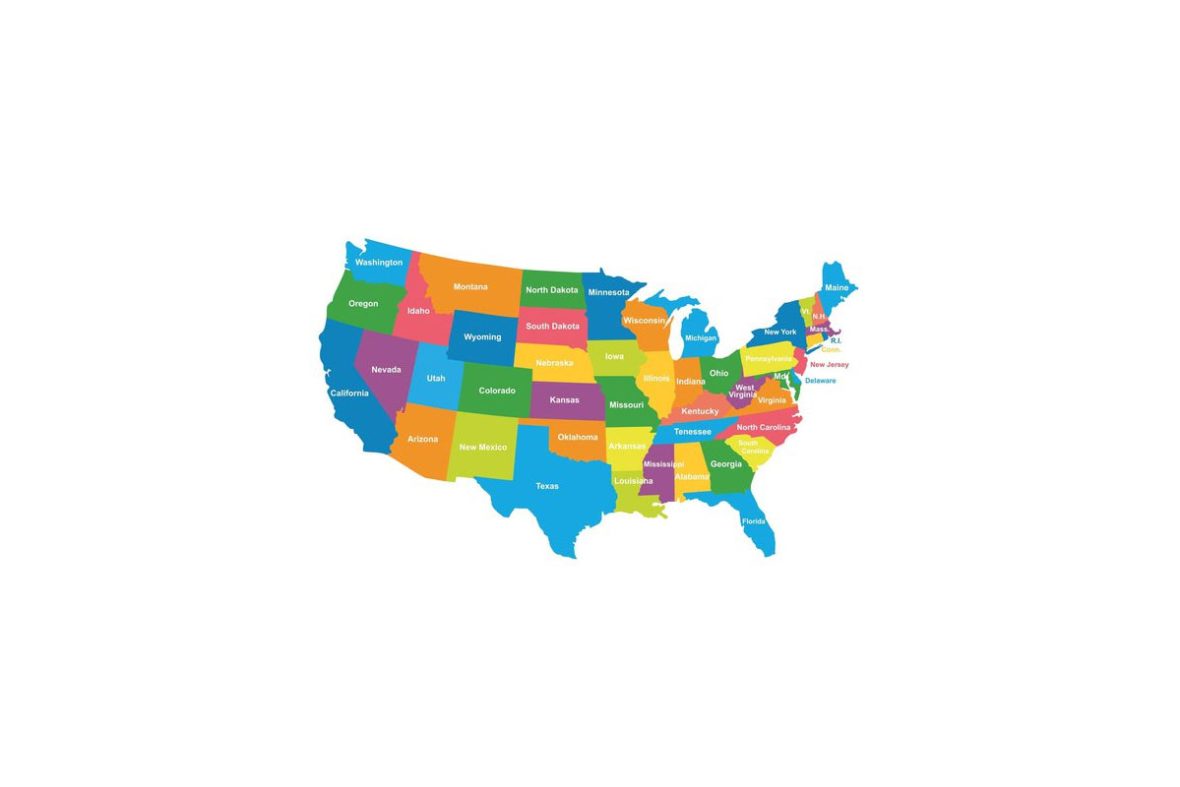What State Has No Crypto Investing Gambling

Cryptocurrency has been at the forefront of global financial discussions for the past decade, with its decentralized nature, ease of access, and potential for high returns sparking interest and debates worldwide. The United States, in particular, has had a tumultuous relationship with the digital currency world, attempting to strike a balance between innovation and regulation. One of the more curious intersections of these debates is the amalgamation of cryptocurrency and the gambling industry with its crypto casinos.
A National Stance on Cryptocurrency
To understand the state of cryptocurrency in gambling, it’s pivotal to first comprehend its status on a national level. As of now, cryptocurrencies like Bitcoin, Ethereum, Litecoin, and several others are not considered legal tender in the United States. However, that doesn’t mean they're illegal. In fact, cryptocurrency exchanges operate legally in the country, although the specific regulations can differ from one state to another.
The federal government, along with individual states, has been in the throes of hashing out a definitive framework to regulate cryptocurrency trading. The purpose behind this effort is to mitigate potential risks like money laundering or fraud while ensuring that the US doesn't fall behind in the global crypto race.
Cryptocurrency in the Gambling Realm
Online gambling, including sports betting, is a massive industry in the US. The introduction of cryptocurrency into this space adds another layer of complexity. As of 2023, the only legal online sportsbook in the US that accepts cryptocurrency as a mode of payment is Barstool Sportsbook. Interestingly, this option is limited to residents of Colorado and Virginia. The currencies accepted are Bitcoin, Bitcoin Cash, Ethereum, Litecoin, and DASH.
But the landscape wasn’t always so restrained. If we wind back the clock to September 2021, Wyoming made headlines by becoming the first state in the US to accept crypto as a legitimate means for sports betting. This was a significant step, but the ripple effect one might have expected across other states didn't materialize as anticipated.
However, a few online casinos have found a creative solution to skirt around the laws. Platforms like stake.us use what's termed as a 'sweepstake model.' This model allows them to operate in a legal gray area and thereby accept cryptocurrency deposits from players.
Offshore Gambling Sites: The Elephant in the Room
As with most restrictions, when one door closes, another potentially dubious one opens. Due to the regulatory environment, many US residents turn to offshore gambling sites to satiate their crypto-gambling desires. These platforms, not being based in the US, often operate without the same level of scrutiny and regulations that domestic platforms would face.
The US government is undoubtedly aware of this trend. As the landscape of cryptocurrency and gambling continues to evolve, there might be increased efforts to clamp down on these offshore sites, especially if they believe these platforms are flouting rules or causing potential harm to US residents.
Which State Doesn't Allow Crypto-Gambling Investments?
Now, addressing the central question: which state stands out by not allowing any form of crypto gambling investments?
As of 2023, many states are still grappling with their stances on cryptocurrency and gambling. However, while several states have restrictive regulations, there isn't a single state that can be pinpointed as having a blanket ban on all forms of crypto-gambling investments. It's crucial to note that the regulatory landscape is fluid, and what might be the case today can change tomorrow. For a definitive answer, residents should always consult their state's current regulations.
Conclusion
Cryptocurrency, with its disruptive potential, promises to reshape many industries, and gambling is no exception. The United States, known for its intricate tapestry of federal and state laws, continues to navigate the challenging waters of integrating cryptocurrency into its regulated gambling spaces. While the future remains uncertain, what's clear is that both industries, digital currency and gambling, are here to stay. How they coexist and interact is a narrative that's still unfolding.
Meet the author: Denis excels at his true passion: crafting compelling text and visually stunning content for websites, specializing in the iGaming niche. He skillfully produces top-notch articles for his own website and others, guaranteeing exceptional quality and engaging readers every time.







